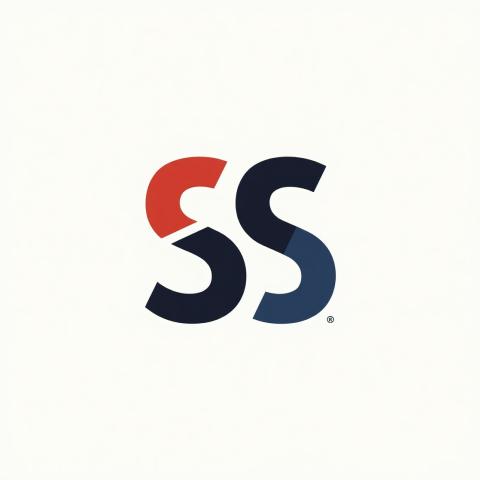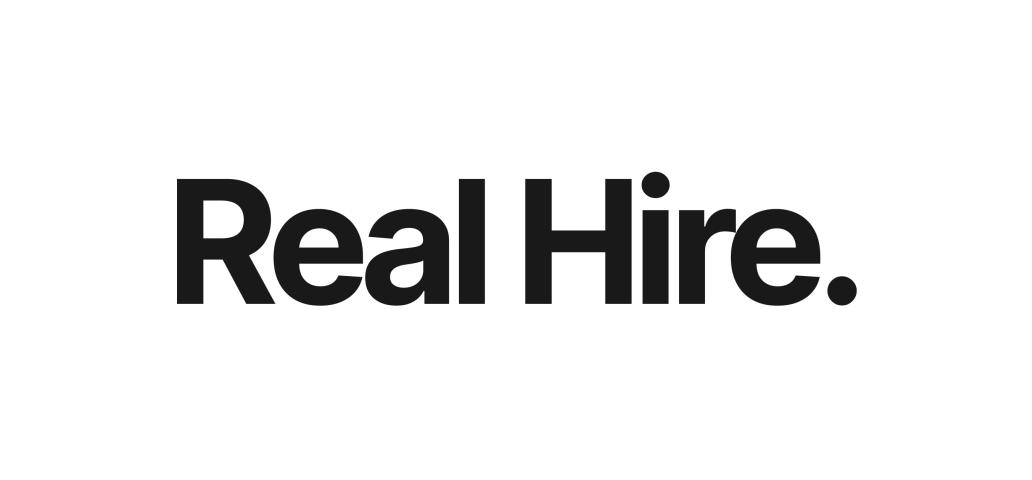The Cisco Certified Network Associate (CCNA) certification is one of the most valuable credentials in the networking industry. Whether you’re new to networking or looking to formalize your knowledge, passing the CCNA exam is a crucial step towards advancing your career in IT. A successful journey to CCNA certification requires a well-planned study approach, focused on understanding the fundamentals of networking and preparing effectively for the exam. In this blog post, we’ll outline proven study strategies that will help you pass the CCNA course and achieve certification with confidence.
1. Understand the CCNA Exam Blueprint
Before diving into study materials, it’s essential to understand the structure and content of the CCNA exam. Cisco updates its certification exams regularly, and the CCNA is no exception. The latest version of the exam, CCNA 200-301, covers topics such as:
Networking fundamentals: OSI model, TCP/IP, subnetting
Security fundamentals: VPNs, firewalls, and network security protocols
IP services: DHCP, NAT, and DNS
Routing and switching technologies: Basic configurations and troubleshooting
Automation and programmability: Introduction to network automation and APIs
By familiarizing yourself with the exam blueprint, you’ll have a clear roadmap for your study plan, focusing on the key topics and skills required to pass.
2. Follow a Structured Study Plan
A structured study plan is crucial for staying on track and covering all the necessary material. Here’s how to create one:
Set realistic goals: Break down the topics into manageable sections. For example, aim to complete one chapter per week, allowing time for review and hands-on practice.
Study consistently: Consistency is key when preparing for the CCNA exam. Try to dedicate at least 1-2 hours each day to study and practice.
Allocate time for review: Ensure you leave ample time for revisiting complex topics and reviewing what you’ve learned. The more you reinforce concepts, the better your retention.
3. Choose the Right Study Materials
The right study materials can make or break your CCNA preparation. Some of the best resources for CCNA preparation include:
Official Cisco Study Guide: Cisco offers an official study guide for the CCNA exam, which covers all the topics in the exam blueprint in detail.
Books by Industry Experts: Popular books like “CCNA 200-301 Official Cert Guide” by Wendell Odom or “CCNA for Dummies” by Glen E. Clarke offer detailed explanations and helpful exam tips.
Online Learning Platforms: Platforms like Udemy, Pluralsight, or LinkedIn Learning offer CCNA-focused courses taught by experienced instructors. These courses often include video lectures, quizzes, and practical labs.
Practice Exams: Taking practice exams will help you assess your knowledge and get used to the exam format. Look for mock exams that are closely aligned with the CCNA 200-301 exam.
4. Hands-On Practice is Key
Networking is a practical field, and the CCNA exam is no different. Hands-on practice is vital for reinforcing theoretical concepts and ensuring you can configure and troubleshoot networking equipment.
Use Packet Tracer: Cisco’s Packet Tracer is a powerful simulation tool that allows you to practice configuring and troubleshooting networking devices in a virtual environment. It’s an excellent tool for understanding the practical aspects of networking without needing physical equipment.
Set Up a Home Lab: If possible, set up a physical home lab with routers, switches, and cables. While this can be costly, it provides invaluable experience in configuring real devices and troubleshooting issues.
Explore GNS3: GNS3 (Graphical Network Simulator) is another excellent tool for simulating networks. It’s free and allows you to create complex network topologies for practice.
5. Focus on Key Networking Concepts
While it’s essential to cover all exam topics, there are certain key concepts that often appear on the CCNA exam. Pay particular attention to:
Subnetting: Understanding how to subnet a network is a crucial skill. Practice subnetting by hand and using tools like subnet calculators to ensure you’re comfortable with the process.
Routing Protocols: Make sure you understand the fundamentals of routing protocols like RIP, OSPF, and EIGRP. Know how to configure static routes and troubleshoot routing issues.
Switching Concepts: Understand the basic concepts of switching, including VLANs, trunking, and Spanning Tree Protocol (STP). These are key topics in the CCNA exam.
Security Fundamentals: Basic security concepts, including firewalls, VPNs, and access control lists (ACLs), are also essential for the CCNA exam.
IP Services: DHCP, NAT, and DNS are commonly tested on the CCNA exam. Make sure you understand how these services work and how to configure them.
6. Join Online Communities and Study Groups
Learning from others can be incredibly valuable. Join online forums, discussion groups, or social media communities focused on CCNA certification. Some popular communities include:
Cisco Learning Network: The Cisco Learning Network offers resources, study materials, and discussion forums for CCNA and other Cisco certifications.
Reddit’s /r/ccna: This subreddit is a great place to ask questions, share study resources, and connect with other CCNA candidates.
Facebook and LinkedIn Groups: There are numerous Facebook and LinkedIn groups dedicated to CCNA exam preparation, where you can find study materials, ask questions, and engage with peers.
Networking with others can provide fresh perspectives on difficult concepts and give you the motivation to keep studying.
7. Track Your Progress and Identify Weak Areas
Regularly assess your progress by taking practice exams and quizzes. Identify areas where you’re struggling and focus more on those topics. Use the results of practice exams to pinpoint your weak spots and revisit the material related to those areas.
8. Take Care of Your Health and Well-Being
Preparing for the CCNA exam can be intense, but it’s important to take care of your physical and mental well-being. Take regular breaks, get enough sleep, and stay hydrated. A well-rested mind is far more efficient at learning and retaining information.
Conclusion
Passing the CCNA exam is achievable with the right approach. By following a structured study plan, using quality study materials, and practicing regularly, you’ll be well on your way to earning your certification. Remember, the journey to CCNA success is not just about memorizing concepts but truly understanding the principles behind networking technologies. Whether you’re aiming to advance your career or solidify your technical foundation, the CCNA certification is a valuable asset in the world of networking. Stick to these proven study strategies, and you’ll be well-prepared for exam day.





